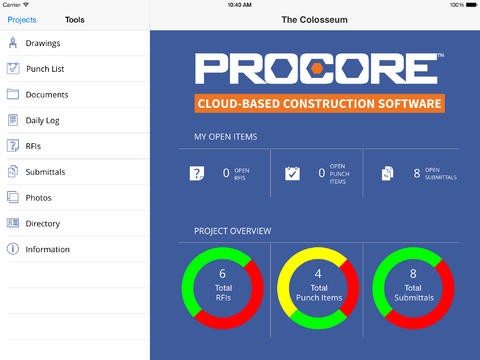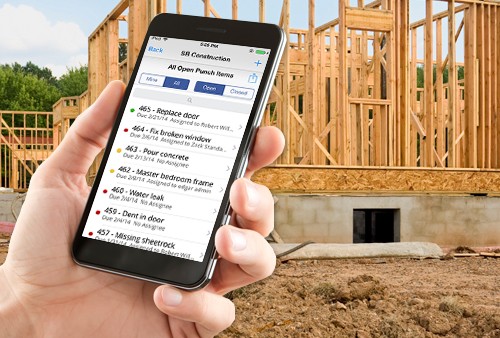Any business that wants to move to the next level must track its performance against parameters that define success. Many of these businesses also have obligations to regulators, stockholders, investors and financial institutions to provide certain types of information on a regular basis.
Normally, this would take a lot of time and effort, but good reporting tools can do a lot of the work for you. They can take what appears to be a scattering of raw numbers and convert it into meaningful results that paint an accurate picture of a company’s performance.
Why Do Companies Produce so Many Reports?
Some reports are generated because they have to be. Any business must send reports to the IRS and state tax agencies, if applicable, on a regular basis. If the company is publicly traded, it has an obligation to report quarterly financial results to its shareholders and to comply with SEC regulations.
Other reports are for a company’s internal use. After examining internal processes, businesses are able to quantify performance metrics and define goals for each unit. This is very important for staying on track towards meeting objectives, but it is also important to avoid the tendency to produce too many reports that waste time and money.
The Value of Powerful Reporting Software
Reports often come from compiling thousands of data points and would be impractical to process manually. A longtime reporting staple for many has been the Excel spreadsheet. While this is a very flexible tool, Excel requires a lot of data and formula entry, making it highly prone to error when worksheets exceed a certain level of complexity. A good reporting tool automates the collection of this data and takes care of calculations and subtotal by group.
Just as a generic tool like Excel is not well-suited for sophisticated reports, catch-all reporting tools are not well-suited for industries that need more specificity. Construction projects reporting, for example, has a totally different set of needs than other industries like manufacturing, hotels or restaurants do. It would take too long and cost too much to use a generic tool to customize useful reports for these types of industries. The best reporting software is designed for a specific industry.
Advances in Reporting Technology
Technology has advanced to the point where people want information now. They want to be able to get the information from a web browser, smartphone or tablet and they want to be able to get it whether they are at the office, at home or on vacation.
Another revolution in technology has come from cloud-hosted IT and this includes reporting. It saves companies on labor costs and they avoid the hassles of upgrades and installations while still being able to get the same reports as before.
Modern reporting software supports all these features. You no longer have to wait for month or quarter end to get the latest numbers and you don’t have to be at the office waiting for printouts. You can get results anytime and anywhere and you can leverage all the benefits of a cloud-hosted solution.
Choosing the right reporting tool is not something that a business should take lightly. The best solutions provide accurate and important data without incurring unnecessary costs. They also provide all required information, are specific to a business’ functions, are flexible and minimize aggravation.









1 thought on “Reporting Tools are Valuable for Making Sense out of Raw Data”